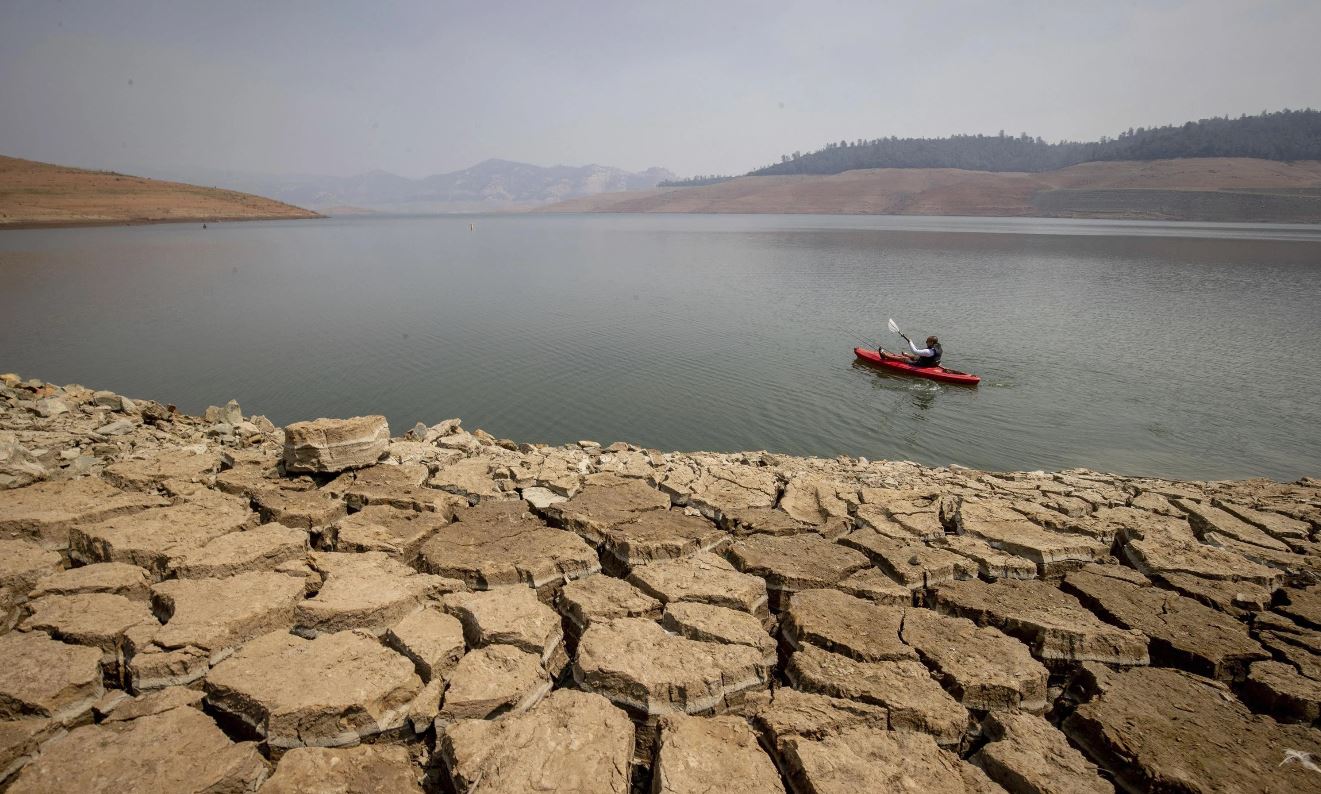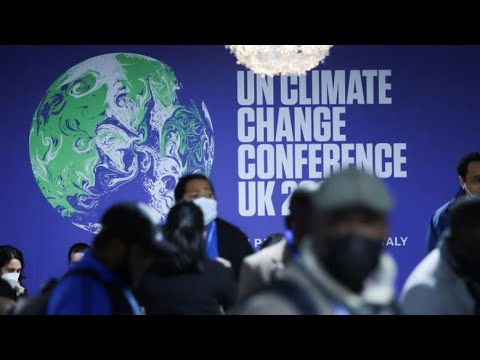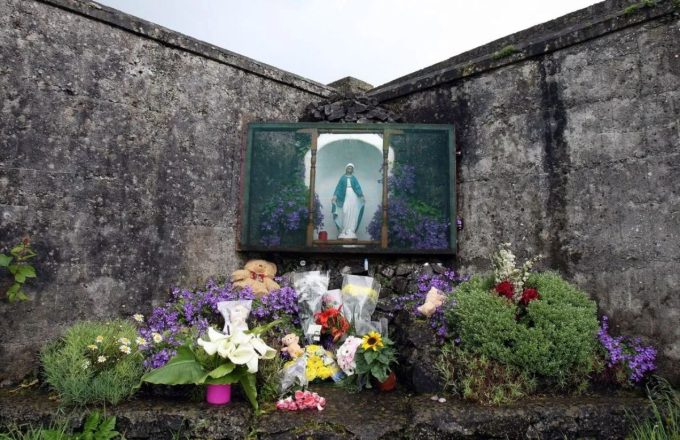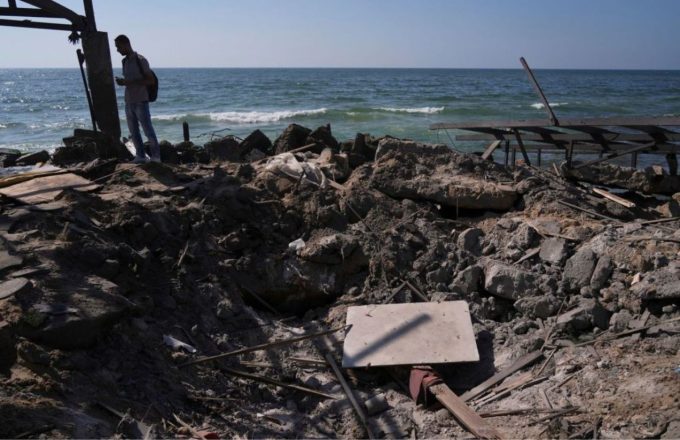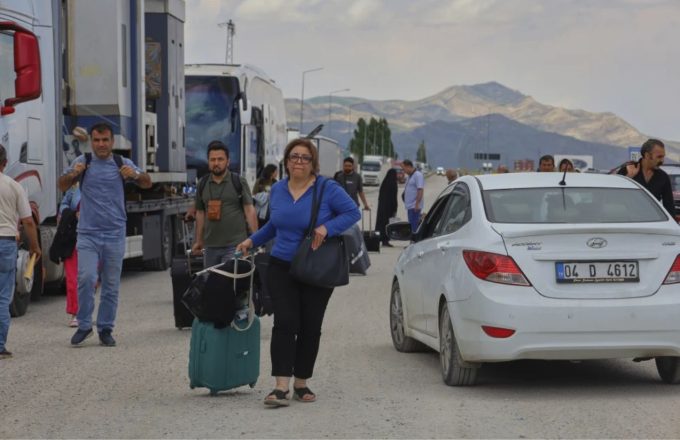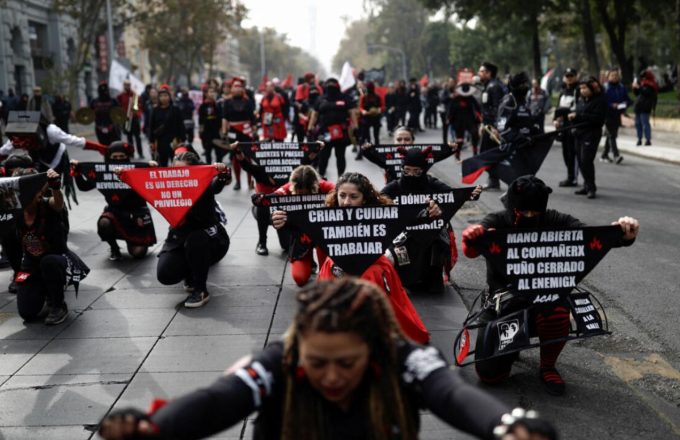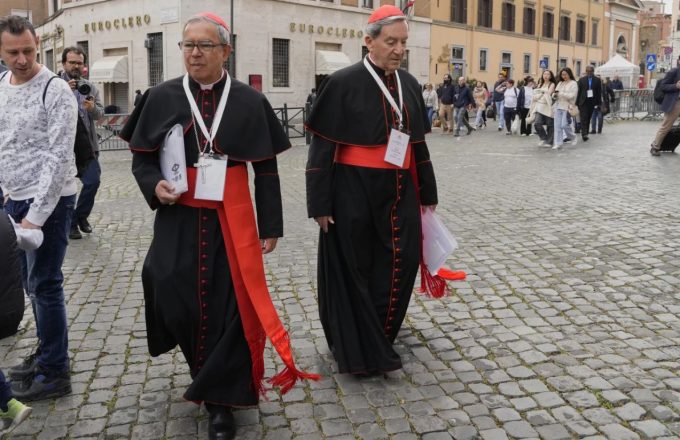The COP26 summit approved a climate agreement on Saturday night. But many delegations have been frustrated after ambitions around ending coal subsidies have been lowered.
Alok Sharma, the British president of the COP26 climate conference, finally, one day later than planned, gave the starting gun for the approval of the documents destined to implement the Paris Agreement and conclude what had been announced as the summit of the “last chance”.
But the final moments of the talks included an unusual show of daring diplomacy in which Switzerland intervened. In a subsequent intervention, several delegates expressed “profound disappointment”. “The language we had agreed to on coal and fossil fuel subsidies has been further lowered as a result of a non-transparent process,” delegates said.
The COP26 summit lasted into the night, and one of the most controversial points was the elimination of coal subsidies. Despite the softened language on fossil fuels, due to pressure not only from India, but also from China and the United States, the agreement sent a precedent by including mention of pollutants.
And he did so by stating that “inefficient fossil fuel subsidies and undiminished coal must be phased out.” From individual promises to global commitments. The two-week climate conference opened with a series of renewed commitments, as well as promises to reduce deforestation, methane and carbon emissions among selected groups of countries.
But the delegates of the 197 countries meeting in Glasgow had to agree on clear rules that would prevent global warming from exceeding 1.5 degrees Celsius above pre-industrial levels, as established in the Paris climate agreement signed in 2015.
After all, the final text represents a commitment that, despite all its weaknesses, countries must carry out back home to indicate that stronger action is needed to combat the climate crisis.


